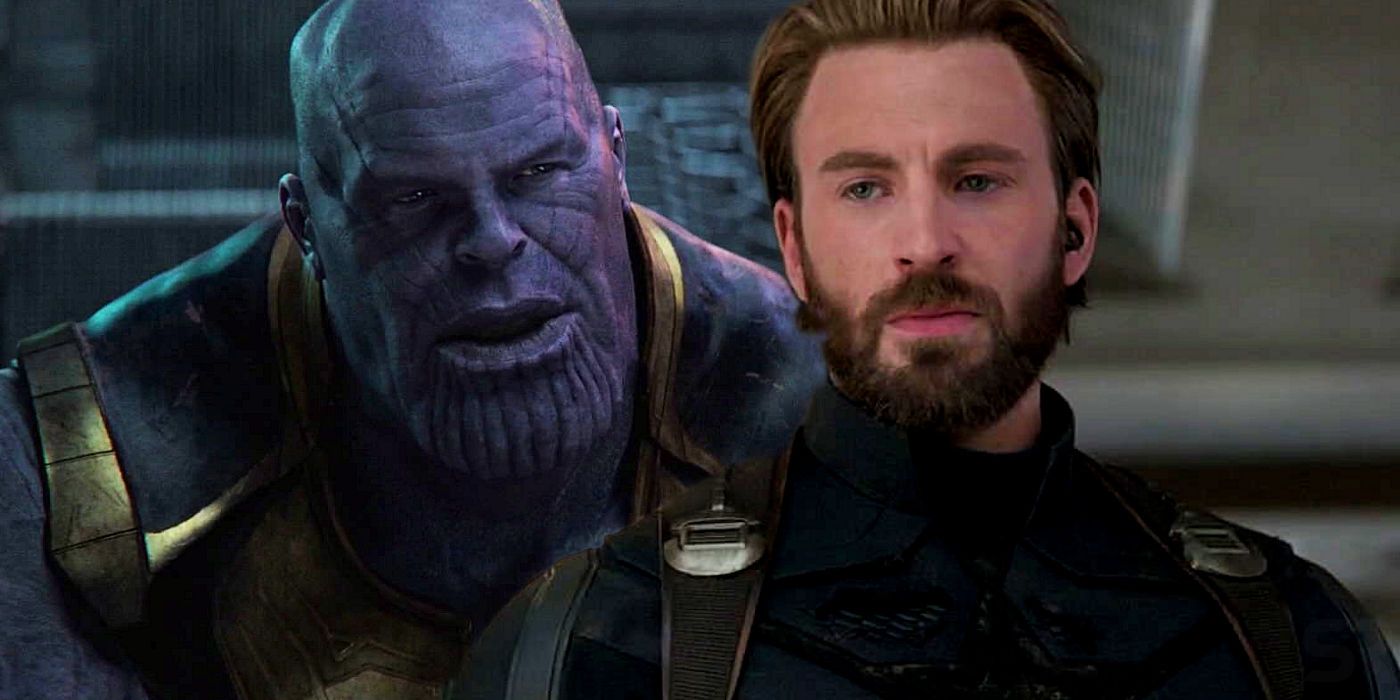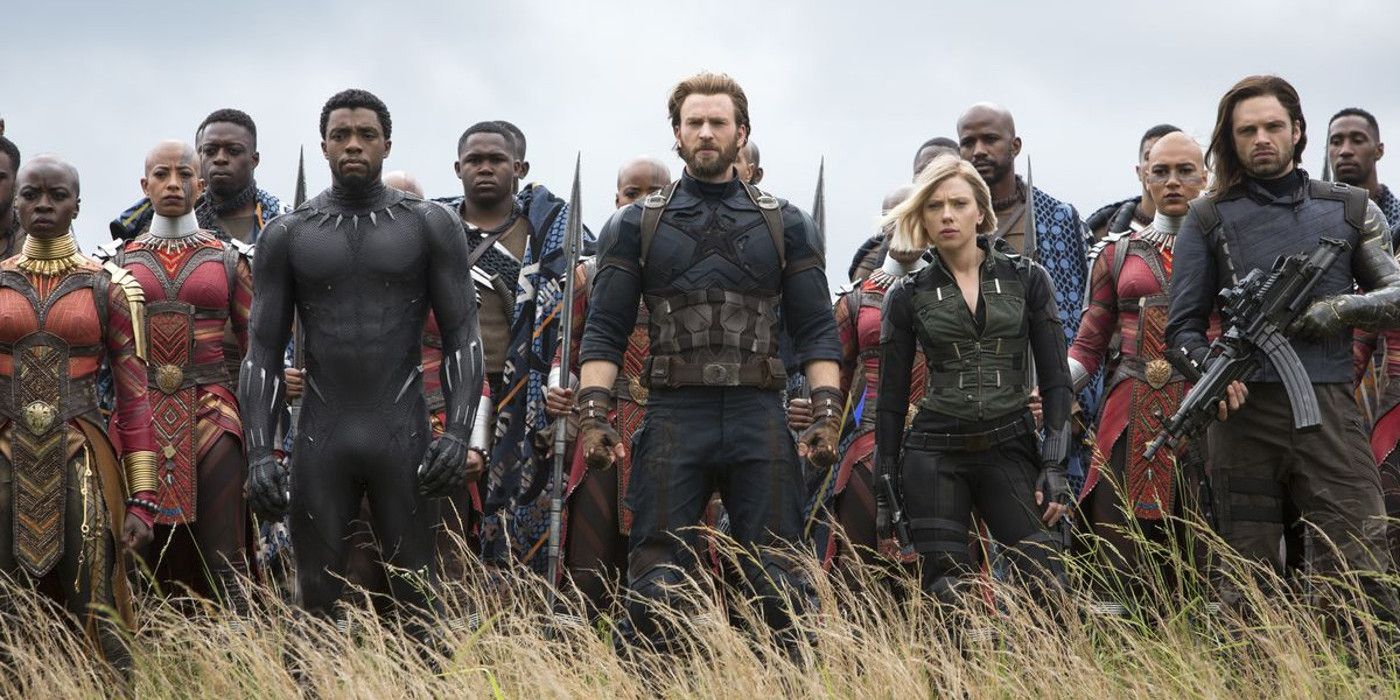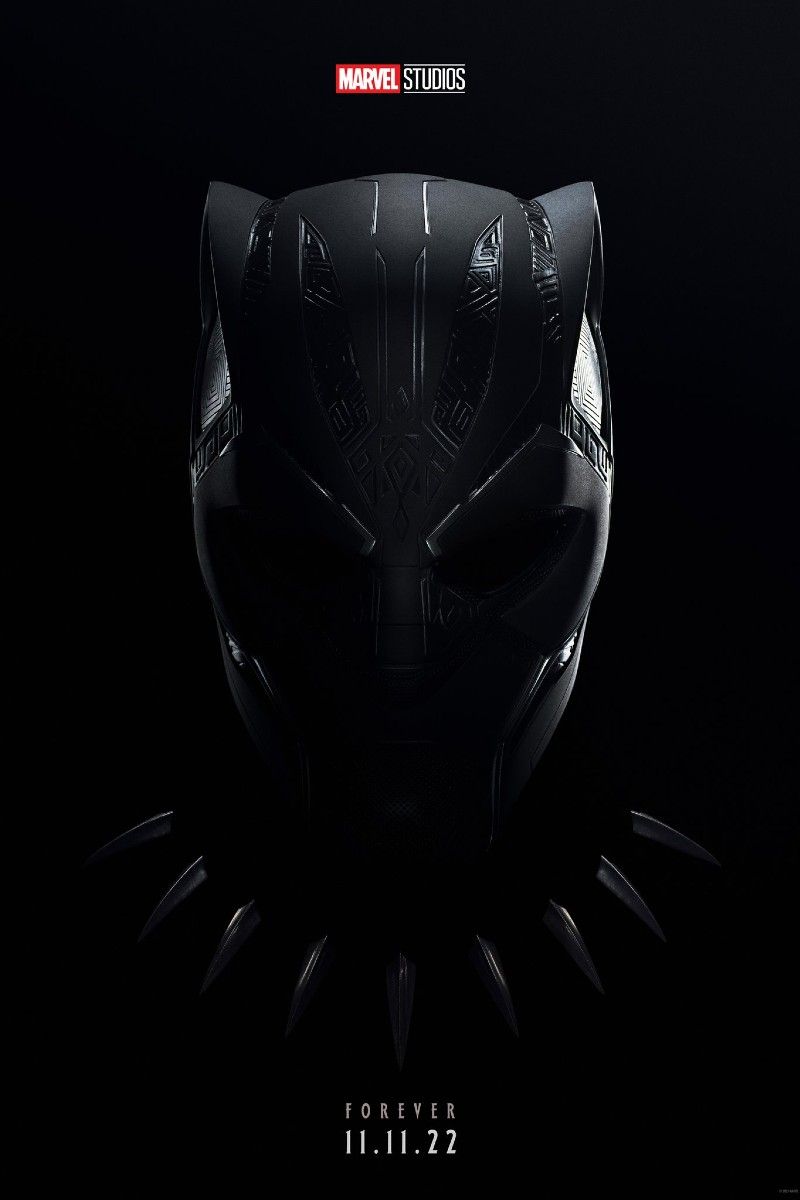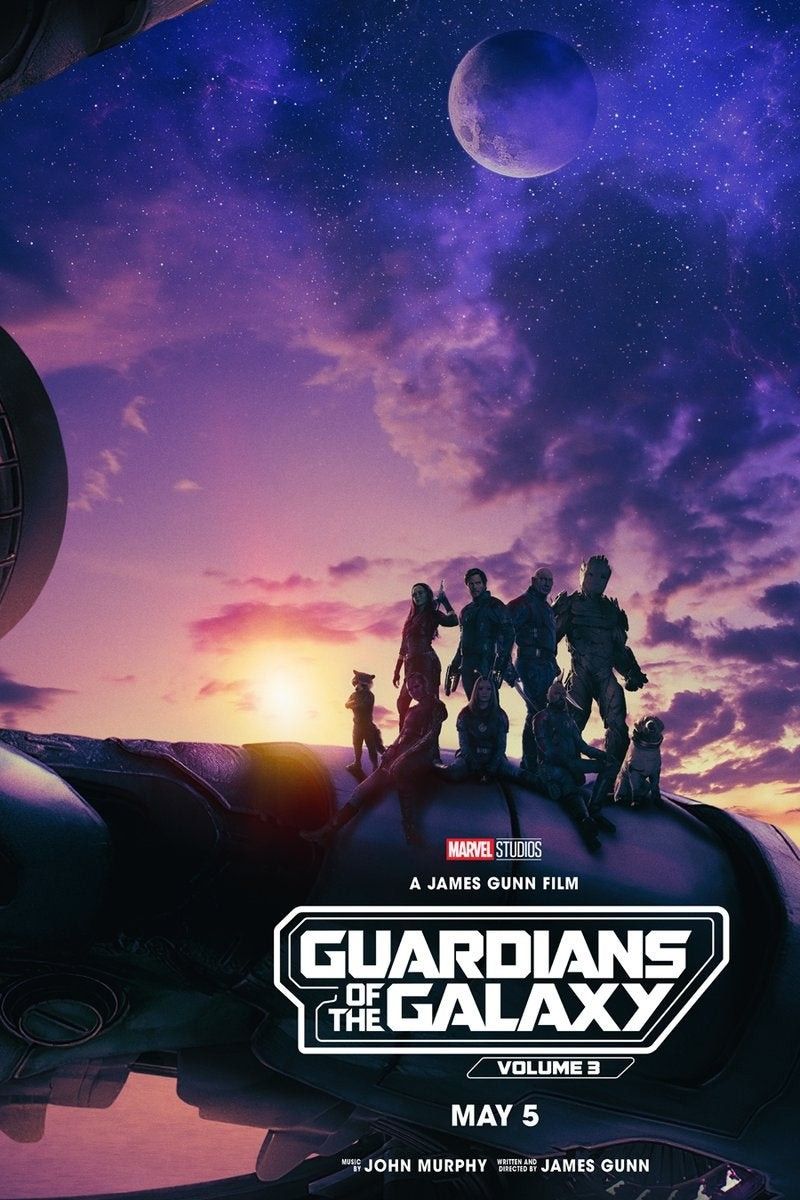Despite his decision-making in Avengers: Infinity War, Captain America(Chris Evans) is not to blame for his team’s defeat at the hands of Thanos, as the Mad Titan's victory was inevitable. The Marvels director Nia DaCosta recently made some noise for her admittedly flippant comments that Steve Rogers is responsible for Thanos (Josh Brolin) snapping half the universe out of existence, claiming "There is a world in which [Captain America is] a villain because, at the end of the day, he should have just sacrificed Vision."
Shortly after finding out about Thanos’ intentions, Vision expresses a willingness to sacrifice himself so that the villain can never get his hands on the Mind Stone. Rogers ultimately makes the decision not to destroy the Mind Stone and Vision (Paul Bettany) in the process—as the Avengers "don't trade lives"—and instead leads their remaining troops into battle against the Black Order and Thanos' army in Wakanda. Nia DaCosta's thoughts on Infinity War's dismal ending are quite common, as there are many who agree that Captain America was wrong to put his principles before the fate of all creation.
The whole idea of Captain America being at fault is based entirely on this notion that the snap could have been prevented. The problem though, is that the MCU has provided every indication that Thanos erasing half of the universe was always going to happen. In a sense, the Mad Titan is right when he claims to be "inevitable". There are other characters who have an opportunity to stop him as well. Star-Lord (Chris Pratt) lets his emotions get the best of him and prevents a small group of Avengers from removing the Infinity Gauntlet on Titan, while Thor (Chris Hemsworth) could have simply swung Stormbreaker at Thanos' head instead of his chest, ending it all just seconds before the snap.
The inevitability of Thanos is on display in the final moments of Avengers: Infinity War when Scarlet Witch (Elizabeth Olsen) destroys the Mind Stone and kills Vision (Paul Bettany). The sacrifice is horrible yet necessary, and the Mad Titan's acquisition of a full set of Infinity Stones seems impossible for a brief moment—but it happens anyway. After arriving with the Time Stone in place, Thanos simply rewinds time around Vision and claims his prize, killing the hero again seconds later. It seems plausible, if not certain, that even if Steve Rogers had sacrificed Vision earlier things would have worked out in Thanos' favor.
This being the true nature of the situation in Infinity War is reflected by Doctor Strange’s actions at the end of the movie. He could have allowed Tony Stark (Robert Downey, Jr.) to die and kept possession of the Time Stone, but gave it up willingly after seeing all 14,000,605 possible outcomes—with only one of them ending well. It would appear that the Sorcerer Supreme understood the futility in opposing Thanos’ efforts to obtain the Stones. The only way to win was to let thing plays out so that the snap could eventually be reversed in Avengers: Endgame. What all this means is that ultimately, every decision made during the final fight in Avengers: Infinity War, no matter how important it may have seemed at the time, didn’t actually matter.








